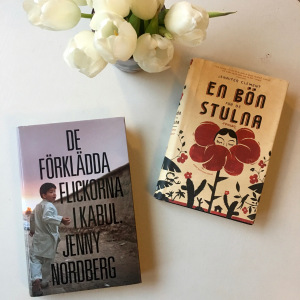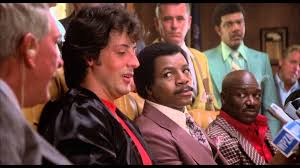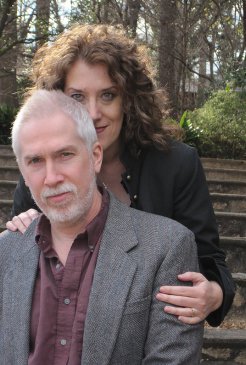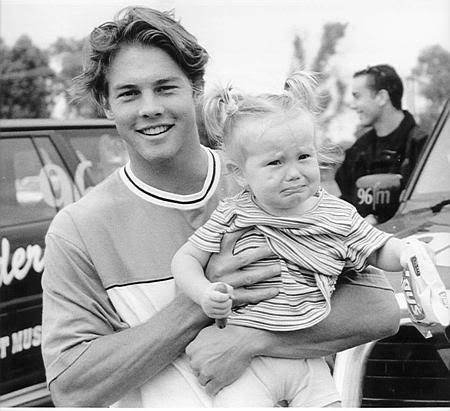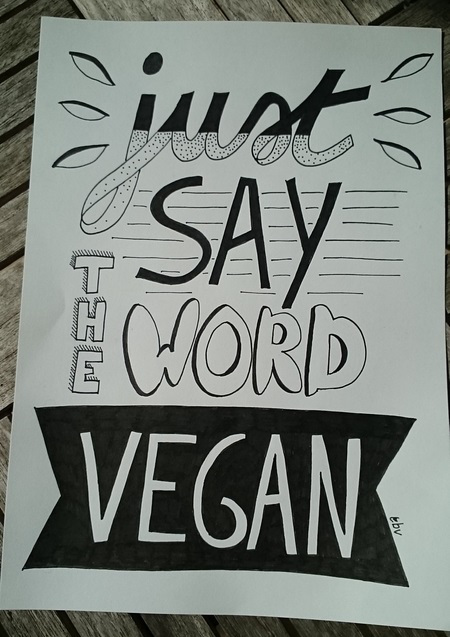Wowweeee a book about food and science! This is a scientific look at various ideas about food. The bottom line: it’s all about gut microbes. Eat natural food, lots of fruit and veg, some beer, coffee and chocolate (thank you, thank you, thank you). Don’t eat loads of processed food.
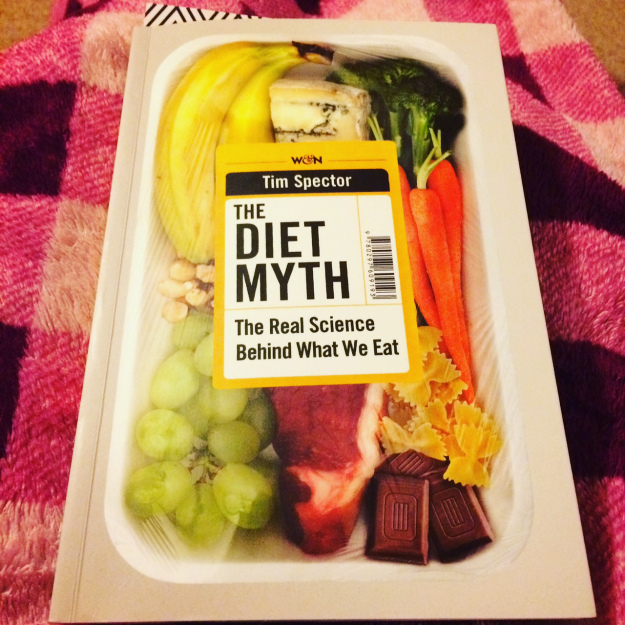
The book takes on each food type and tells us about what scientific studies have had to say about them. It’s heavy on science (good) but even I got a bit lost in the various microbe names and some of the details of the studies. Luckily, you don’t really need to know them to get the point.
I wanted to read this book because I want to gain some scientific perspective on the conflicting diet and healthy lifestyle advice you get bombarded with. Happily, most of what I found out in The Diet Myth is what I suspected (or hoped) was the case.
The biggest challenge to my physics loving brain was getting rid of the idea that we are all identical black boxes, and losing weight is just a simple matter of calories in vs calories out. Of course messy, complicated, biology isn’t that simple. This book helpfully describes scientific studies (usually on identical twins – thank science for identical twins!) that show one calorie of food for one person is not the same for another person. And the difference usually comes down to genes, or your gut microbes. I’m not going to try and describe any of this in any detail here (and the book has many pages of references to the science if you are interested!). Of course, this is not magic, you will still gain or lose weight roughly on a calories in vs calories out basis – just that for one person this may work more easily than for another, and your microbiome health can tip the balance to it being difficult, or easier.
It’s not all great news though. Your microbiome is largely genetic, or passed from mother to baby during birth. There a section on birth and breastfeeding which I found to be largely unhelpful because these events are not something you can change if they are in your past. I found this chapter may actually just serve to make a mother feel guilt if they have either had a C-section or didn’t breastfeed. I felt quite strongly about this because I was reading the book to find out how I can change things for the better in my diet, in my future. I realise it fits in with the book narrative, but it was unexpected and mostly unwelcome. Probably all a bit too close to home given that my children are still quite small!
Overall I like the approach to food this book has given me. And it says I can eat cheese. Praise the Lord (of science), hallelujah! (to microbes), cheese is good! as is beer, and dark chocolate, and full fat yogurt, just not too much of it, and you must eat plenty of fruit, veg and whole grains :-). This is a way of eating I can get behind. Also, having slightly mucky children is also to be praised. Phew.
